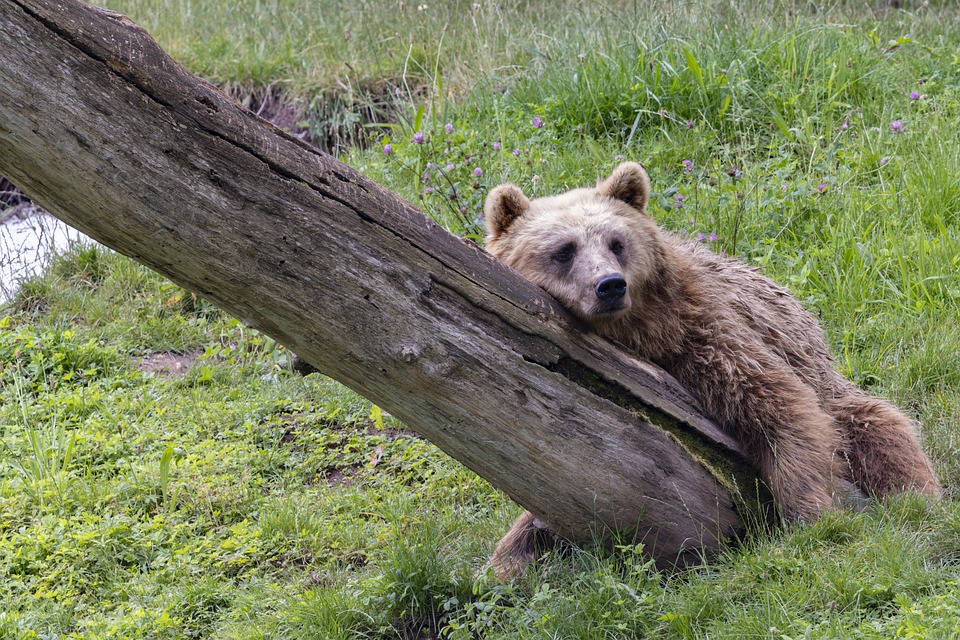[ad_1]
In our interconnected world, the influence of cultural beliefs on everyday life is an intriguing topic that is both nuanced and far-reaching. Cultural beliefs encompass a wide range of values, norms, practices, and traditions that shape our identities and guide our behaviors. Understanding the impact of cultural beliefs on individuals, communities, and societies is crucial for fostering cross-cultural understanding and promoting social cohesion.
The Historical Context of Cultural Beliefs
Cultural beliefs have deep roots in history, often originating from ancient civilizations and evolving over time through a complex interplay of social, political, and economic factors. Throughout history, cultural beliefs have played a central role in shaping the identities of diverse societies, influencing everything from social hierarchies to religious practices.
Key points to consider:
– Cultural beliefs are often passed down through generations via oral traditions, rituals, and symbolic practices.
– The spread of cultural beliefs through colonization, migration, and globalization has led to the syncretism of diverse cultural traditions.
– Historical events, such as wars, revolutions, and social movements, have shaped cultural beliefs and values in profound ways.
The Current State of Cultural Beliefs
In today’s globalized world, cultural beliefs continue to exert a powerful influence on everyday life, shaping our values, attitudes, and behaviors. From the way we dress to the food we eat, cultural beliefs permeate every aspect of our lives, influencing our decisions and interactions with others.
Key points to consider:
– Cultural beliefs influence our perceptions of gender, race, and class, shaping our identity and sense of belonging.
– Cultural beliefs impact our attitudes towards family, relationships, and social norms, guiding our behavior in social situations.
– Cultural beliefs shape our worldview, influencing our beliefs about morality, spirituality, and the meaning of life.
The Future of Cultural Beliefs
As we move towards an increasingly interconnected and diverse world, the future of cultural beliefs is both promising and challenging. Globalization, technological advancements, and social change are reshaping cultural landscapes, bringing new opportunities for cross-cultural exchange and collaboration.
Key points to consider:
– Cultural beliefs will continue to evolve in response to changing social, political, and economic dynamics.
– The rise of multiculturalism and diversity will challenge traditional cultural norms and values, fostering greater tolerance and understanding.
– Digital technologies and social media platforms will facilitate the exchange of cultural beliefs and ideas on a global scale.
Conclusion
In conclusion, the influence of cultural beliefs on everyday life is a multifaceted and dynamic phenomenon that shapes our identities, values, and behaviors in profound ways. By examining the historical context, current state, and future predictions of cultural beliefs, we can gain a deeper understanding of the role they play in shaping our world. As we navigate the complexities of cultural diversity and change, it is important to approach cultural beliefs with an open mind and a spirit of curiosity. Thank you for joining us on this journey of exploration and discovery. For further reading on this topic, we recommend exploring academic journals, cultural studies books, and online resources that delve into the intricacies of cultural beliefs and their impact on society.
[ad_2]
